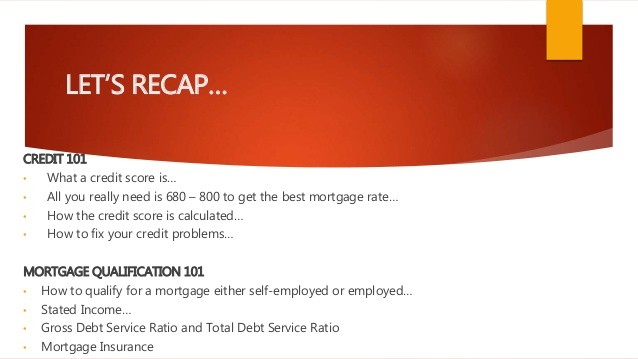Reverse Mortgages 101_3
Post on: 7 Июль, 2015 No Comment

Related Stories
You may first have heard of reverse mortgages through Fred Thompson’s ubiquitous daytime television ads, but you may not know much about them or how they work. So we’ll take over for Fred and explain them in detail.
In essence, the reverse mortgage is a variation of a home equity loan that is used to provide income during the retirement years. You are borrowing a certain amount of money using the equity in your house as collateral. The difference is that with a reverse mortgage, repayment is not required until the borrower passes away, chooses to sell the home, or permanently moves out of the home. At that time, the home is sold to repay the loan plus accrued interest and other charges. Any surplus from the sale beyond those costs is remitted to the borrower or his/her estate.
To qualify, you must be at least 62 years old, own your home outright or have sufficient equity in the home (usually 50% or greater), and live in the home as a primary residence. Additionally, the loan requires that you pay all applicable property taxes and regularly maintain the home.
Fixed-rate reverse mortgages must be tapped as a lump sum, while variable rate loans may be structured as regular payments or an available line of credit.
Since this is a secured loan using your home as collateral, there are no credit score issues or restrictions on use of the money. The limit of the reverse mortgage amount depends on the anticipated value of the home over the expected term of the loan – thus, there are assumptions involved in the loan term based on your age and anticipated changes in the real estate market.
The vast majority of reverse mortgage are provided though HUD’s FHA-insured program, known as Home Equity Conversion Mortgages (HECMs). There are two types, Standard and Saver loans. Saver loans have lower closing fees but provide lower loan limits and the ability to receive fixed-rate loans (Standard loans are only available as adjustable rate as of 2013.)
Some considerations of reverse mortgages, both favorable and unfavorable are:
- Costs – Compared to most loans, reverse mortgages charge relatively high closing costs and origination fees, as well as monthly insurance premiums for FHA-insured loans. However, these costs may be folded into the mortgage, reducing out-of-pocket expenses.
Keep in mind that folding in all these costs, combined with the effect of compound interest, can burn through your home equity reasonably quickly. Therefore, it makes sense to consider a traditional HELOC (Home Equity Line of Credit) as a less-costly way of tapping into your home equity.
For married couples, make sure that both spouses are included on the reverse mortgage. Otherwise, if the named spouse dies or must move to long-term care, the residency requirement is no longer met and the other spouse may be forced to pay off the loan or vacate.
Generally, a reverse mortgage only makes sense if you intend to stay in the home for a relatively long time – five-years-plus is a good benchmark.

A reverse mortgage may work out very well for you, especially if you intend to stay in your home for a longer time and have enough alternate income that you are not in danger of defaulting on property taxes or other upkeep expenses. Reverse mortgage calculators are available online to help you run through multiple scenarios.
Reverse mortgages are better done as part of a coordinated retirement plan than as the loan of last resort – however, if you are on a limited fixed income with significant home equity, it may be the best strategy for you. Just be sure to assess all of the potential risks of prematurely running out of home equity and being worse off than you were. You may want to consider if more-conventional loans are a better fit for your needs.
If you aren’t sure, seek professional financial help – not from Fred Thompson or comparable pitchmen, but from independent financial advisors.














